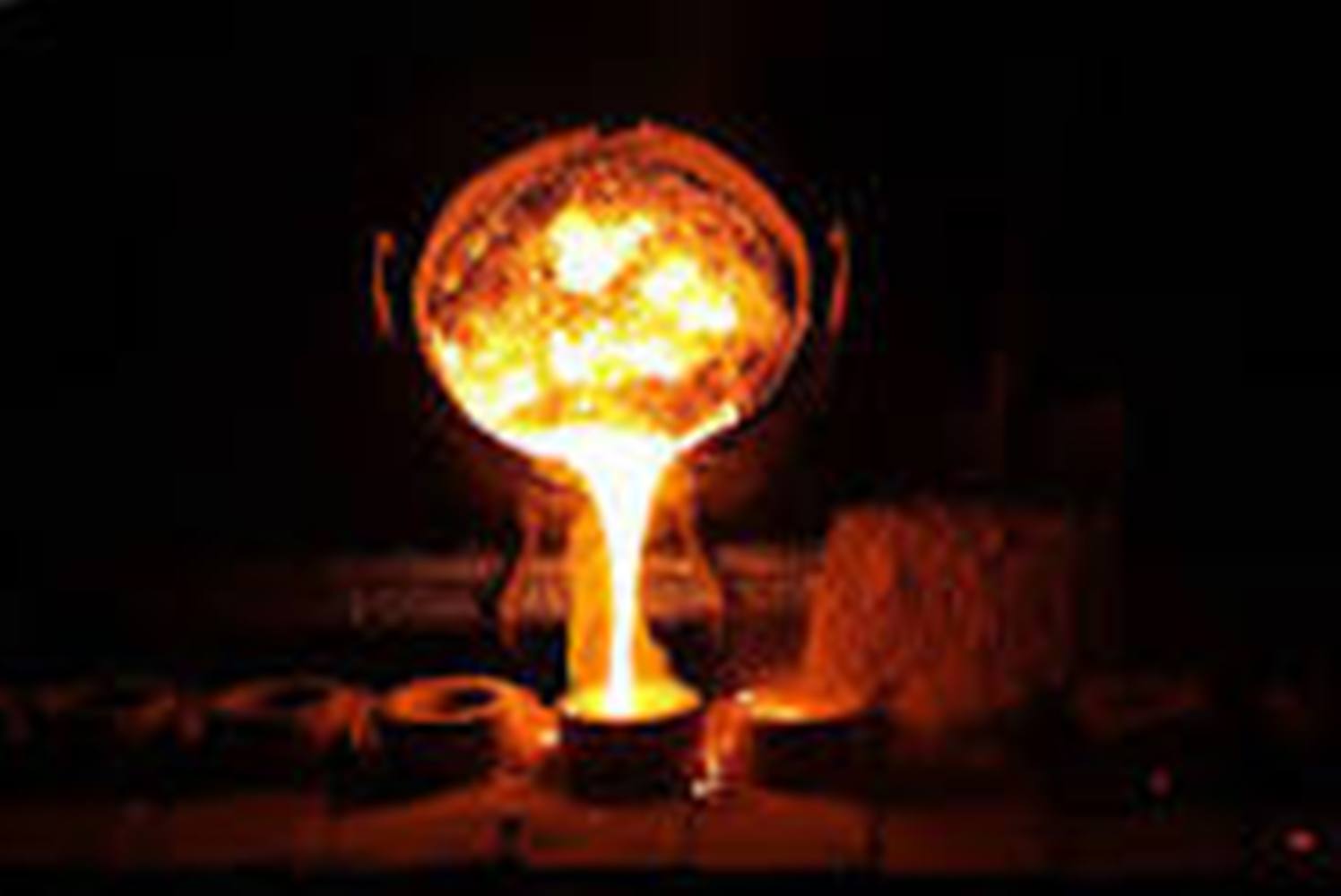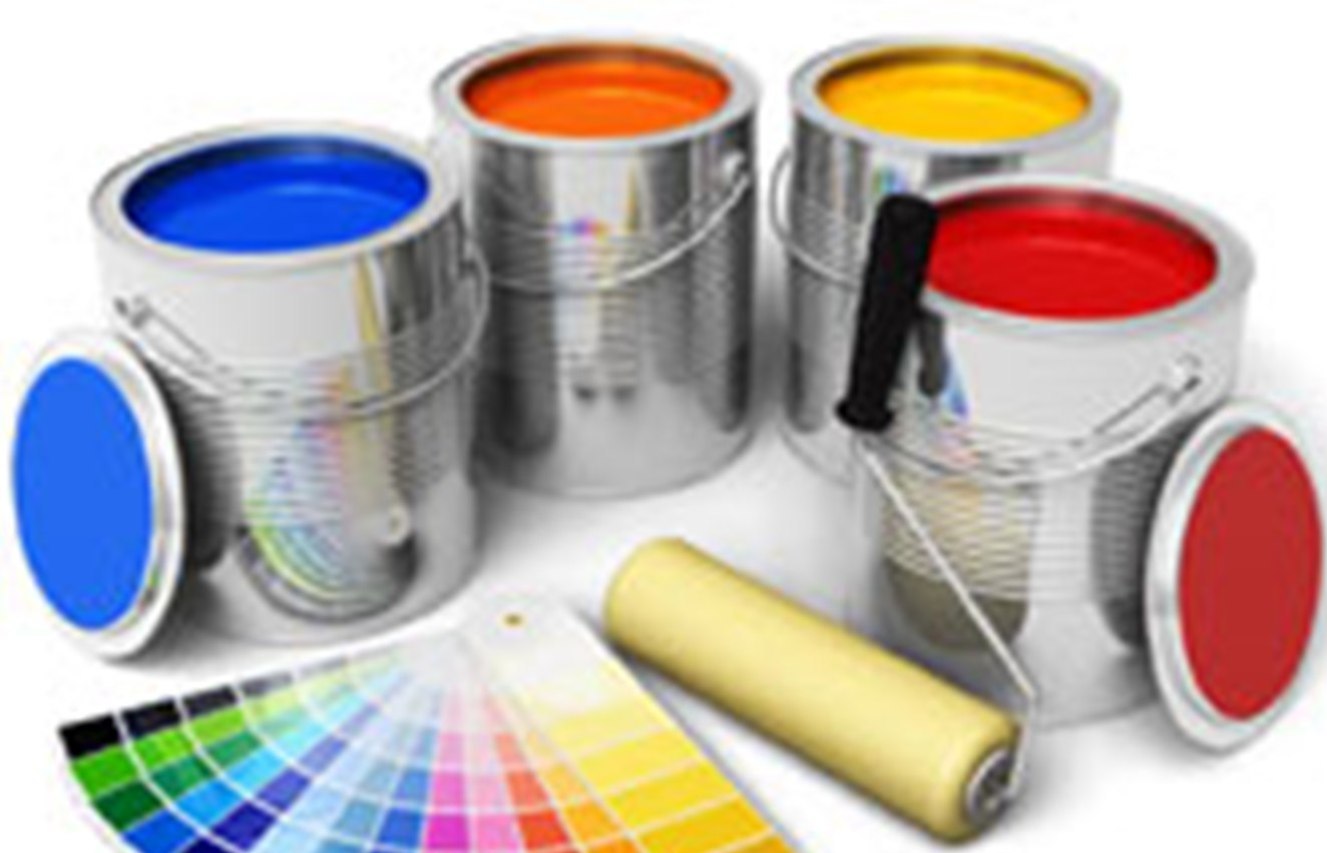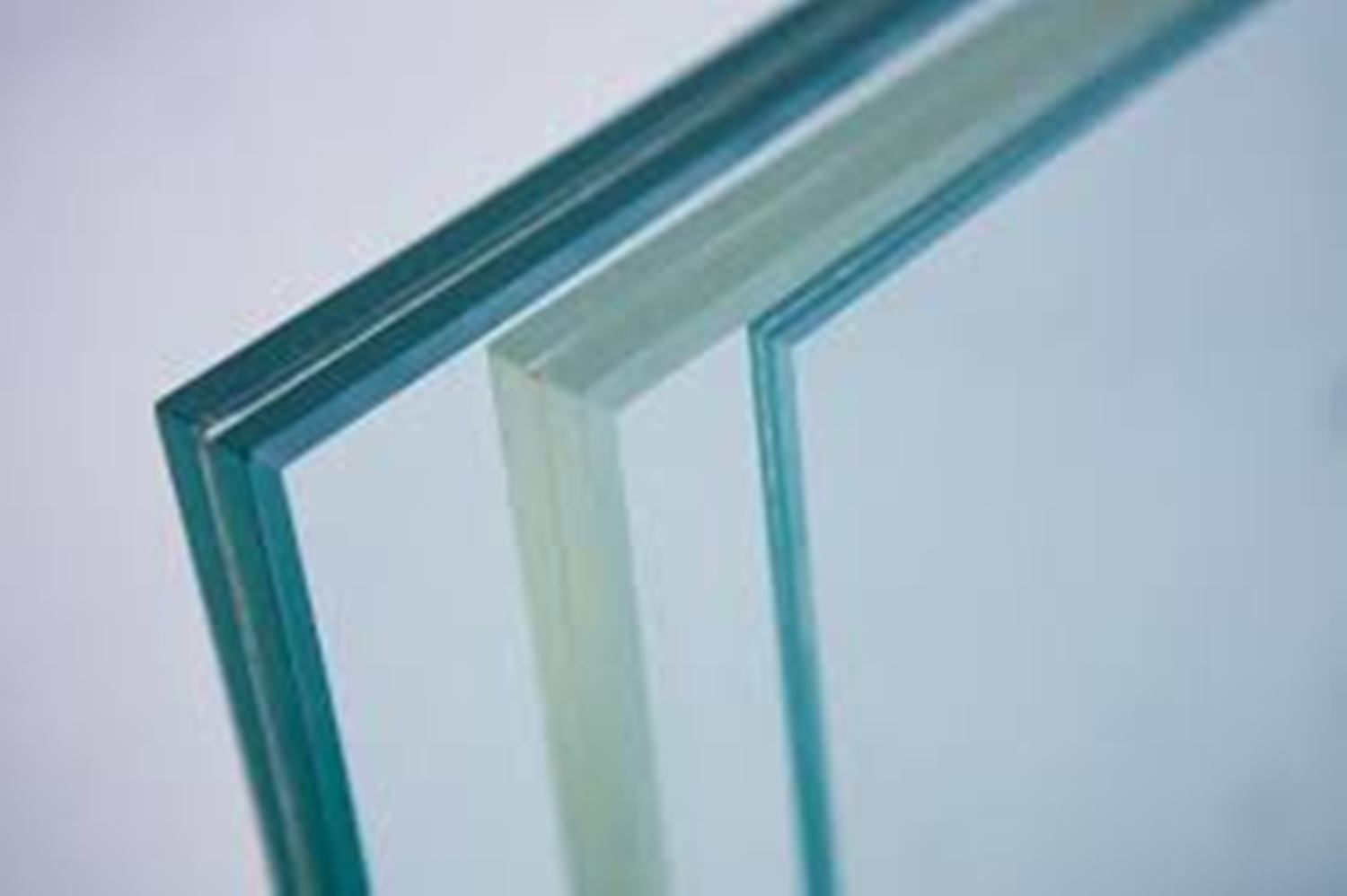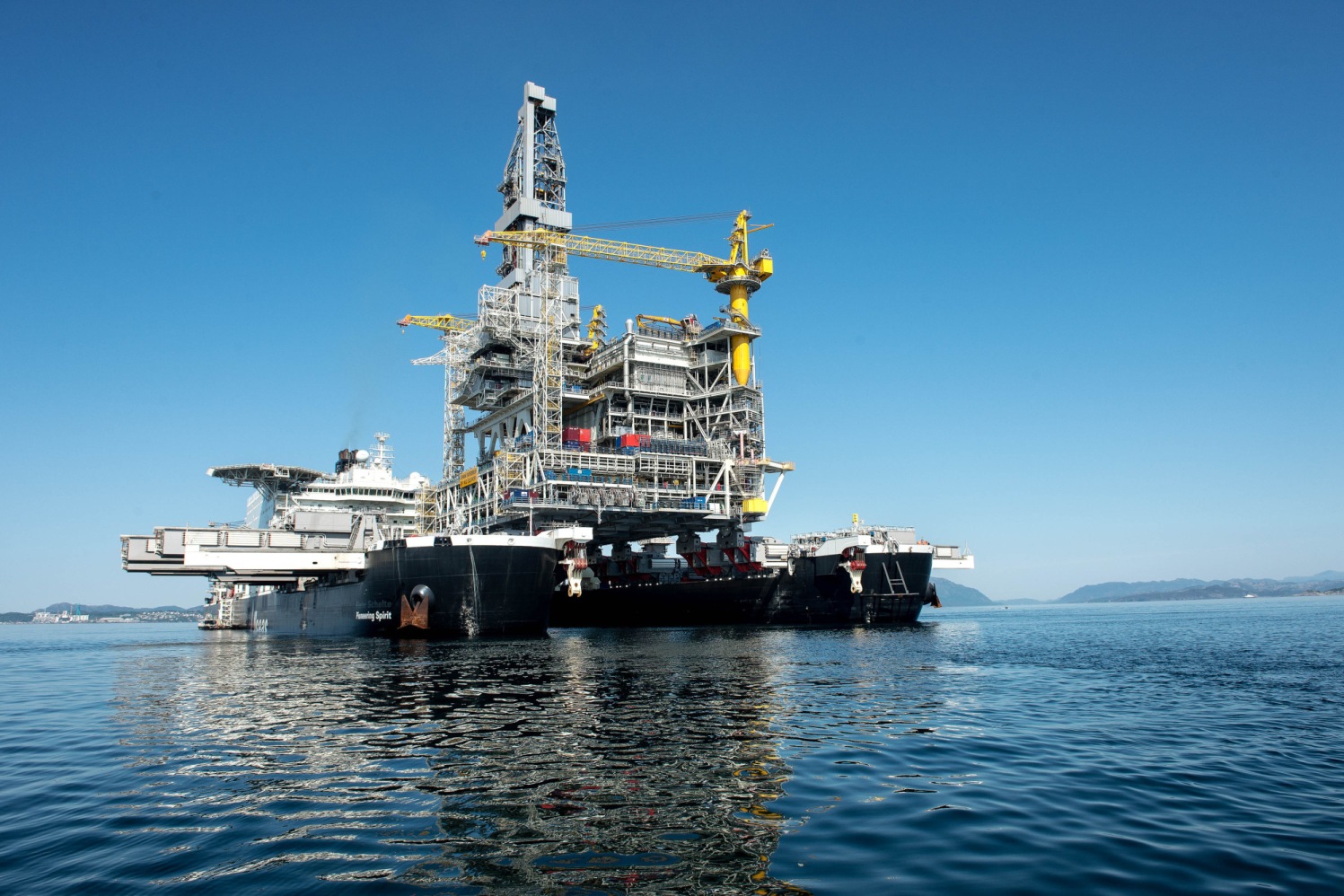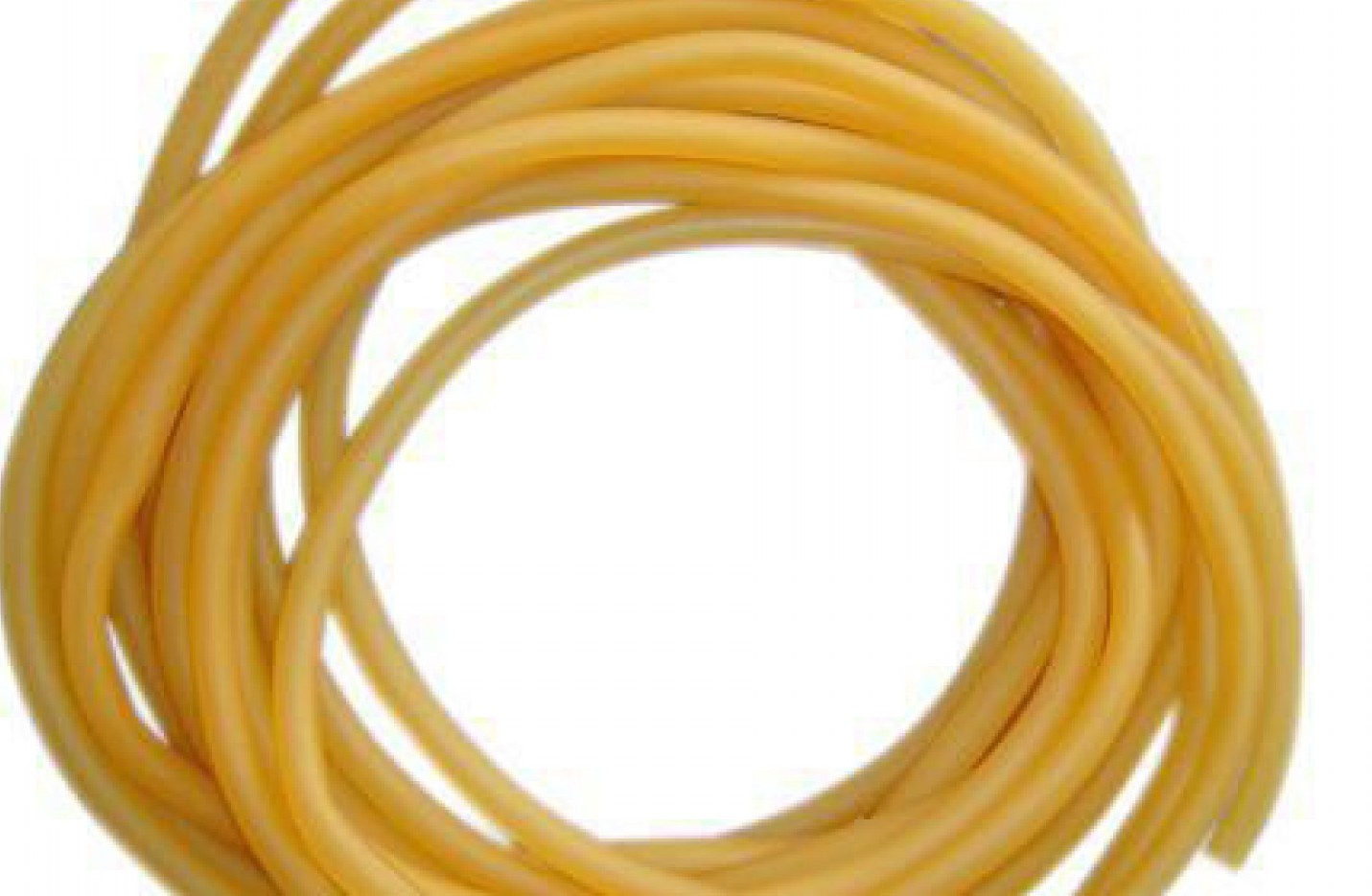RUBBER
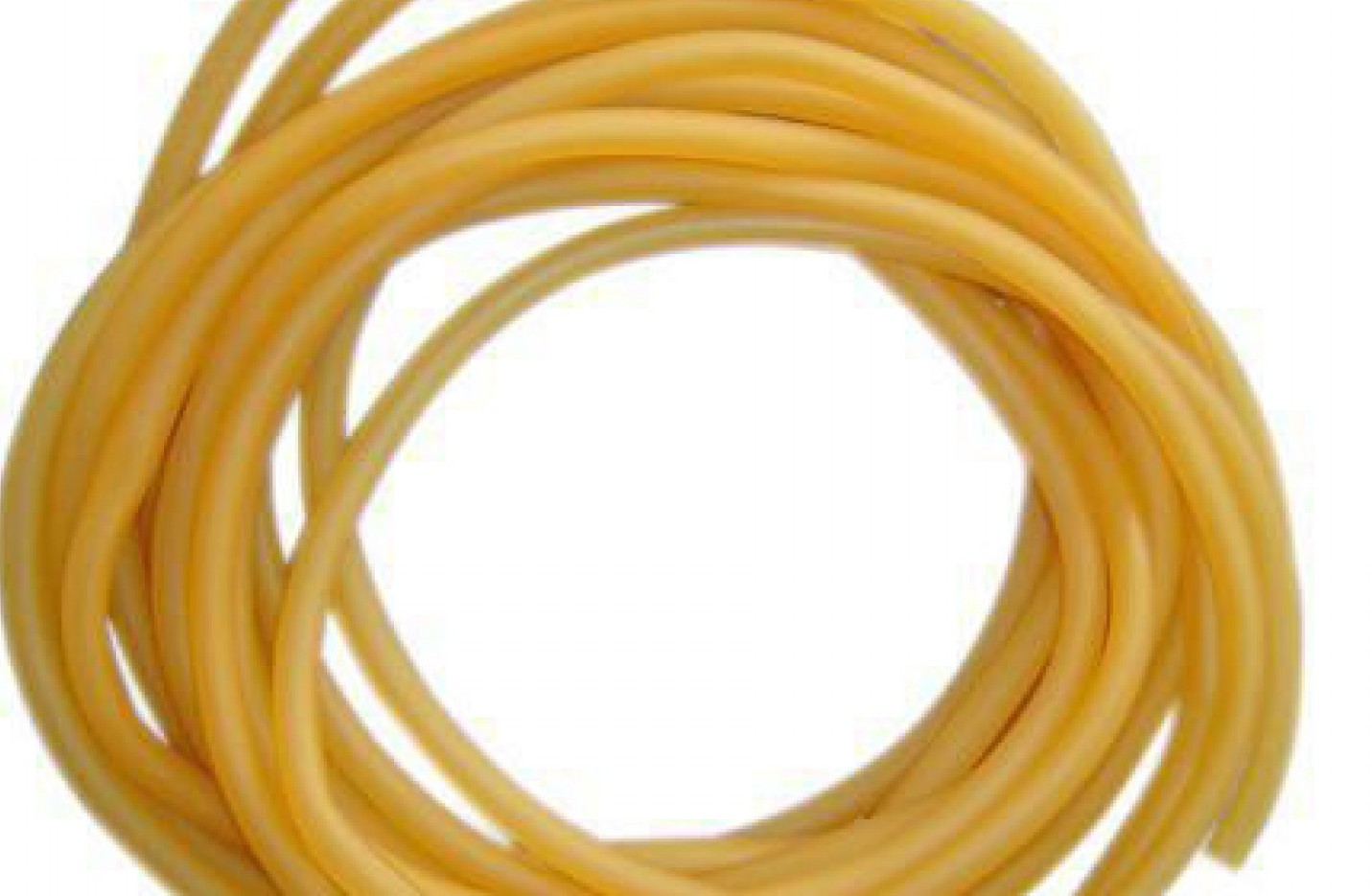
Rubber
Talc
Talc is used to prevent rubber moulds from sticking and also used as compounding material in the preparation of certain types of hard rubber. It also improves qualities and enhances UV radiation resistance of exterior parts of the rubber. Talc provide good compression resistance in sealants, and also create a barrier against liquids. Talc reduces the viscosity of rubber compounds, thereby facilitating the processing of moulded parts. It also improves extrudate qualities, increasing production rates and enhancing UV radiation resistance of exterior parts such as automotive profiles.
Mica Powder
Mica Powder is a highly useful component as an anti-sticking and anti-blocking compound in the production of rubber tyres for automobiles, motor bikes and airplanes. Applied as a dusting and releasing agent, it prevents the inner rubber and casings of tyres from sticking to the mould during vulcanization. Mica prevents movement of sulphur while permitting air and moisture to escape during curing and creating a uniform structure. As a rubber additive and filler, mica improves resilience, hardness, tensile strength and tear resistance of rubber articles.
China Clay(Kaolin)
Kaolin gets its importance due to its ability to impart stiffness and reinforce the rubber, thereby improving the tear resistance and tensile strength properties of rubber. Different grades have different roles in rubber industry. Water washed kaolin grade is valued for its brightness, whiteness and fine particle size. Kaolin when calcined, becomes more hard and when used in rubber give good reinforcement and maintain very good process ability. While the normal Kaolin has a Mohr's Hardness of about 2.5, after calcinations the Mohr's hardness ranges between 4 - 5. As the particle size of the Kaolin decreases, the reinforcement of rubber increases. Therefore, fine kaolin is better suited for rubber application than the coarse kaolin.
Barite
In rubber industry, the products less than 600 mesh can be used as the filling of rubber products to save cost. It enhances the intensity, acid, alkali and water proofing. The grinded barite powder is important additive to improve its hardness, wear resistance and anti-aging properties. It can better reinforce the action of caoutchouc and synthetic rubber too.
Bentonite/Organoclay
Organoclay has found itself as an indispensable additive for quality tyre manufacturers. A very nominal addition of organoclay, eliminates the requirement of continuous stirring to prevent settling of solids, homogenizes the mixture to give a smooth spray able emulsion for effective mould release to the tyre. Besides ease of application, the addition of clay minimizes tyre rejections and ensures a non - chatting, non - sticking smooth surface to the tyre innard.
Calcite ( Calcium Carbonate)
Calcite mineral helps to produce best quality rubber with adequate flexibility, high tensile strength, and increased resistance to torsion & traction. Calcium carbonate as a filler, increases the volume of its products, thereby saves the expensive natural rubber which will greatly reduce the cost.
Feldspar
It is used as a filler due to its primary contents alumina and alkali.
Quartz (Silica)
Silica sand and quartz is used as reinforcing filter to improve physical properties of rubber. Generally, silica mineral with +98% SiO2 and less than 0.1% metallic impurities are preferred.
.jpg )
